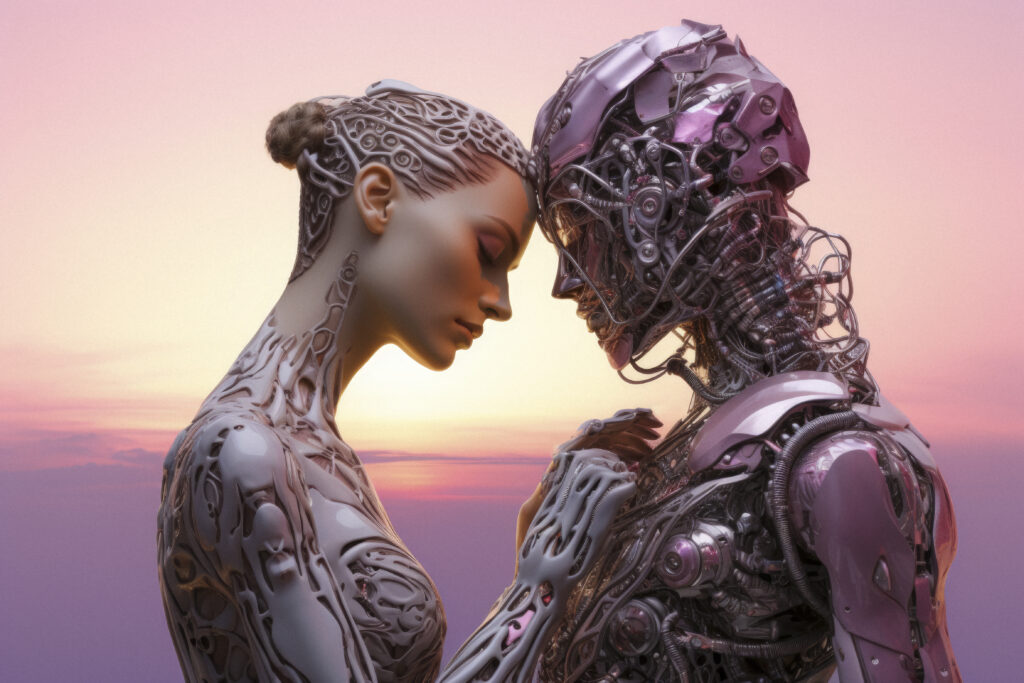Seemingly conscious AI may cause psychological problems and AI psychosis
Humanlike AI may distort reality as people form emotional attachments, experts caution.

Microsoft’s AI chief and DeepMind co-founder, Mustafa Suleyman, has warned that society is unprepared for AI systems that convincingly mimic human consciousness. He warned that ‘seemingly conscious’ AI could make the public treat machines as sentient.
Suleyman highlighted potential risks including demands for AI rights, welfare, and even AI citizenship. Since the launch of ChatGPT in 2022, AI developers have increasingly designed systems to act ‘more human’.
Experts caution that such technology could intensify mental health problems and distort perceptions of reality. The phenomenon known as AI Psychosis sees users forming intense emotional attachments or believing AI to be conscious or divine.
Suleyman called for clear boundaries in AI development, emphasising that these systems should be tools for people rather than digital persons. He urged careful management of human-AI interaction without calling for a halt to innovation.
Would you like to learn more about AI, tech and digital diplomacy? If so, ask our Diplo chatbot!
